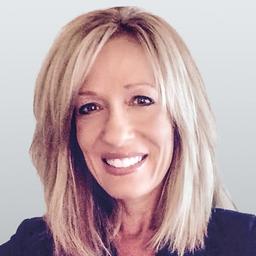A California lawmaker is seeking to require private security fast-tracking services at airports to have their own security line, instead of allowing those who pay for such services to jump to the head of the line everyone else uses.
Sen. Josh Newman says he authored Senate Bill 1372 to create a more “equitable” experience at airports after hearing growing concerns around such expedited screening services.
The company CLEAR offers screening bypass services for a fee at nine California airports, including at Los Angeles, San Francisco, San Jose, and San Diego.
“Despite what some have said, SB 1372 doesn’t seek to terminate the CLEAR concierge service at California airports,” Mr. Newman said in a press release April 23. “Instead, it seeks to have CLEAR and other third-party screening services operate separate lines for subscribers, eliminating the friction and frustration created by the current system.”
California has about 1 million CLEAR users and employs about 600 workers around the state. It also shares more than $13 million in revenue each year with its airport partners, according to a company spokesperson.
If Mr. Newman’s bill passes the Legislature, CLEAR would be able to continue operating at its current nine airport locations without any changes. However, it wouldn’t be allowed, after Jan. 1, 2025, to expand to other airports unless the new locations created separate security lines for CLEAR passengers.
Currently, TSA PreCheck has its own lane for expedited travelers. CLEAR Plus customers can purchase an identity verification service for about $200 annually. These customers have their identification verified and boarding pass scanned by CLEAR employees who then escort the customer to the TSA agent in the security screening area, skipping the TSA and TSA PreCheck lines.
The system has sparked a debate about fairness and accessibility in airport security, according to Mr. Newman.
“This creates a two-tiered system where passengers who pay an annual fee are escorted to the front of the security line, to the inconvenience and annoyance of travelers making their way through the security queue,” Mr. Newman’s office wrote in a press release Tuesday.
The original bill called for adding the special lanes to existing airports served, which the company opposed.
CLEAR officials met with the transportation committee’s chairman, Sen. Dave Cortese, and worked out a compromise, according to a company spokesperson.
Legislators added language in an amendment Tuesday that allows the company to continue operating as usual in existing airports.
“We appreciate the opportunity to engage in a robust discussion led by Chairman Dave Cortese and appreciate his leadership throughout this process. After reviewing the updated bill, we’re confident CLEAR will be able to continue operations with our existing airport partners in California,” a CLEAR spokesperson told The Epoch Times.
Mr. Newman’s goal is for CLEAR customers to have their own dedicated TSA screeners, according to the bill analysis.
Such, he hopes, will give the company more leverage with Congress to persuade them to add funding to the TSA for new employees, according to Mr. Newman’s spokesman Brian Wheatley.
“This was sort of a happy medium,” Mr. Wheatley told The Epoch Times.
The bill passed the Senate Transportation Committee Tuesday on an 8-4 vote, with three senators abstaining. The bill now moves to the Senate Appropriations Committee.
If passed into law, it would take effect Jan. 1,2025.














